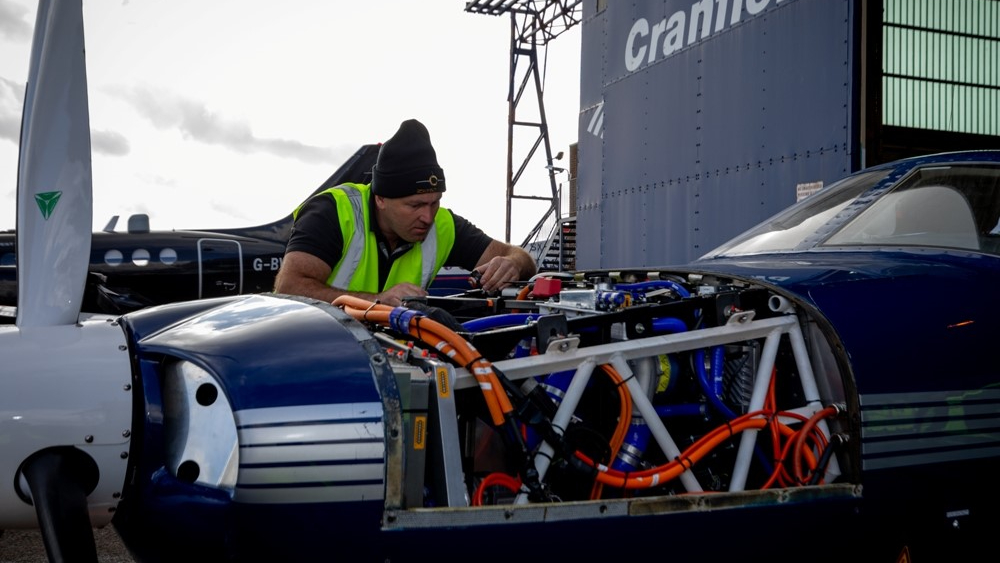ZeroAvia’s technology is rapidly scalable and could have a huge impact on aviation.
Hydrogen-powered jets may be the way of the future if California-based startup ZeroAvia has its way. And with $ 21.4 million in new funding under its belt, that may happen sooner than we think.
Its new injection of cash comes courtesy of Bill Gates’ Breakthrough Energy Ventures, which should help it reach its goal of developing commercially viable, zero-emissions aircraft. And the Microsoft founder isn’t the only one vying to back the potentially transformative aviation startup: Amazon and Shell see themselves as investors, too.

So far, the company has operated 10 successful test flights with the long-term goal of operating commercial flights of up to 500 miles using 10-20 seat aircraft by 2023. It is also working with British Airways to identify ways that ZeroAvia believes that the benchmark can be extended with 200-passenger jets traveling up to 3,000 miles by 2030. To do so will require more rounds of funding such as Gates’ contribution. “This is a capital-intensive industry, so having investors help you through the process is very important,” ZeroAvia founder Val Miftakhov said in an interview with Reuters.
So far, that investment has created a huge boost.
Although the company hopes its technology will be used for cargo planes first, it has already partnered with investor British Airways to find out how it can move away from fossil fuel-powered planes. This comes at a critical time when the ravages of rapid climate change have prompted a reassessment of aviation and how it negatively impacts the environment.
According to the International Council for Clean Transportation, in 2018 aviation produced 918 million metric tons of CO2, about 2.4 percent of global fossil fuel emissions. Hydrogen is the most abundant element on earth and has the potential to drastically reduce this figure in just a few years compared to other technologies, such as pure electricity. “With compressed hydrogen gas storage, you immediately have four to five times the advantage in terms of energy density compared to a 1,000 pound one. fuel cell system at 1,000 pounds. battery, ”Miftakhov told Robb Report in May.
With the rapid scalability of hydrogen fuel cells, it may not be long before our skies start to look a bit bluer.




